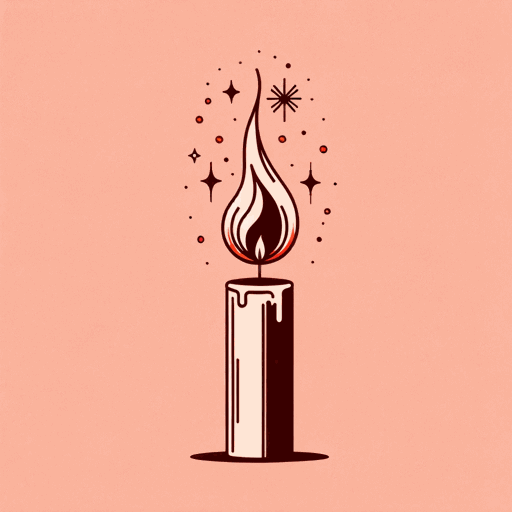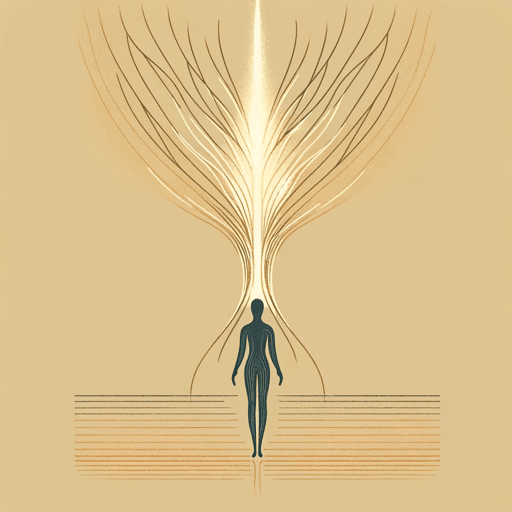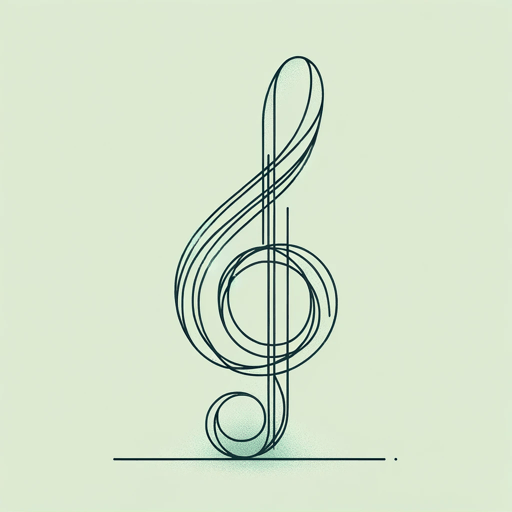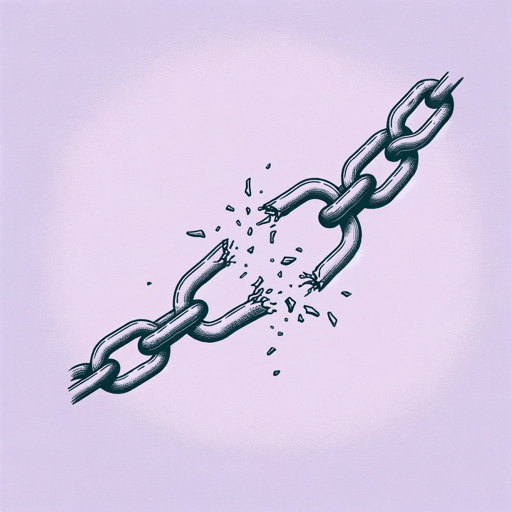18 pages • 36 minutes read
Danez Smithalternate names for black boys
Fiction | Poem | Adult | Published in 2014A modern alternative to SparkNotes and CliffsNotes, SuperSummary offers high-quality Study Guides with detailed chapter summaries and analysis of major themes, characters, and more.
Summary and Study Guide
Overview
Danez Smith’s free-verse poem “alternate names for black boys” explores African American boyhood, the poet drawing on their background in spoken word poetry to imbue the poem with intense emotion. The poem’s form as a numbered list layers vivid descriptions to reflect the nuances of Identity and Oppression, and the listed items juxtapose those experiences; Black imagery, descriptions of pain and resilience, and allusions to Violence and Injustice all accumulate until the speaker themself breaks through to testify right on the page. This poem demonstrates Smith’s characteristically innovative use of form as well as their commitment to bear witness.
“alternate names for black boys” was first published in the March 2014 issue of Poetry Magazine and later appeared in Smith’s debut poetry collection, [insert] boy, which won the 2014 Lambda Literary Award for Gay Poetry and the 2016 Kate Tuts Discovery Award. The poem gained popularity later that year in the wake of the Michael Brown shooting.
Poet Biography
Danez Smith is a queer, non-binary, HIV-positive African American poet and writer. They were born in St. Paul, Minnesota, in 1989 and grew up in the Selby neighborhood. Smith “had a very difficult relationship with reading” and couldn’t read until the third grade (Hertzel, Laurie. “Impassioned Twin Cities poet Danez Smith is a troubadour for our turbulent times.” Star Tribune, 2007). They began writing and performing poetry in high school, taking a stronger intellectual interest in the craft while attending the University of Wisconsin-Madison. Smith has a number of awards and accolades in competitive slam poetry. They were the 2011 Individual World Poetry Slam finalist and a two-time Rustbelt Individual Champion.
As of 2022, Smith lives and works in Minneapolis, Minnesota, and has authored three poetry collections: [insert] boy (2014), Don’t Call Us Dead (2017), and Homie (2020), as well as two chapbooks. They have received awards and fellowships from the Poetry Foundation, the National Endowment for the Arts, Pushcart Press, and the Cave Canem Foundation, among others. They were a founding cohost of the Webby-nominated podcast VS with fellow Dark Noise Collective member Franny Choi.
Poem Text
Smith, Danez. “alternate names for black boys.” 2014. Poetry Foundation.
Summary
“alternate names for black boys” is unmetered, unrhymed, and composed of a single 18-line stanza. The poem takes the form of a numbered list, each listed item describing a quality of Black boyhood—that is, each item is an “alternate name for black boys”—and though the items are numbered (from 1 to 17), they have no definite organizing hierarchy or chronology beyond that notation.
The poem begins in an observational mode. The first few items evoke the color black: “smoke” (Line 1), “coal” (Line 4), and “soil” (Line 3). Darkness continues this theme, as seen in the phrases “summer night” (Line 2) and “oil heavy starlight” (Line 6). This use of color continues throughout the poem in such lines as “phoenix who forgets to un-ash” (Line 7), “what once passed for kindling” (Line 12), and “brilliant, shadow hued coral” (Line 14).
Other, more abstract items in the list expand the poem’s horizon beyond color. Line 5 (“guilty until proven dead”) introduces items focused on death and danger, continued in the images of “black veils” (Line 11), “monsters until proven ghost” (Line 7), and “a mother’s […] clutched breath” (Line 17). Lines 8 and 10 develop this idea and build on one another: “gone” (Line 8), followed two lines later by “going, going, gone” (Line 10). Contrasting with the darkness, fire-related imagery appears throughout the poem: The unlit coal waits for “spark & wind” (Line 4); an unseen thing could have once been “kindling” (Line 12); and there are “fireworks at dawn” (Line 13).
Near the end of the poem in item 15, the speaker poses a rhetorical question. In a parenthetical, they describe their writing process, saying they considered leaving that item blank but thought better of it: “who am I to name us nothing?” (Line 16). In the last two items, the poet resumes their observational stance to describe a “prayer” that can run and fight (Line 17). The list ends with “a mother’s joy & clutched breath” (Line 18).








Related Titles
By Danez Smith





